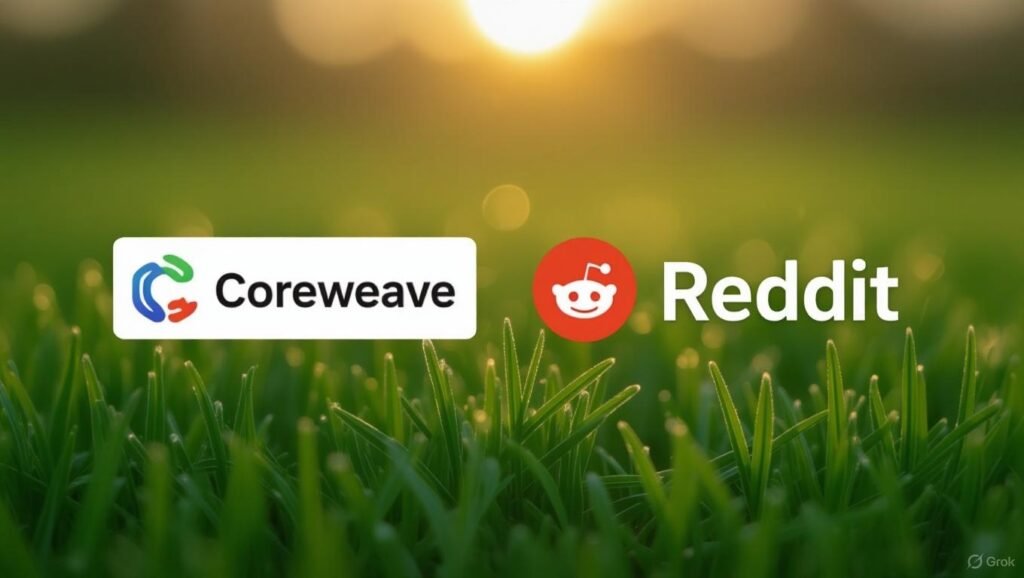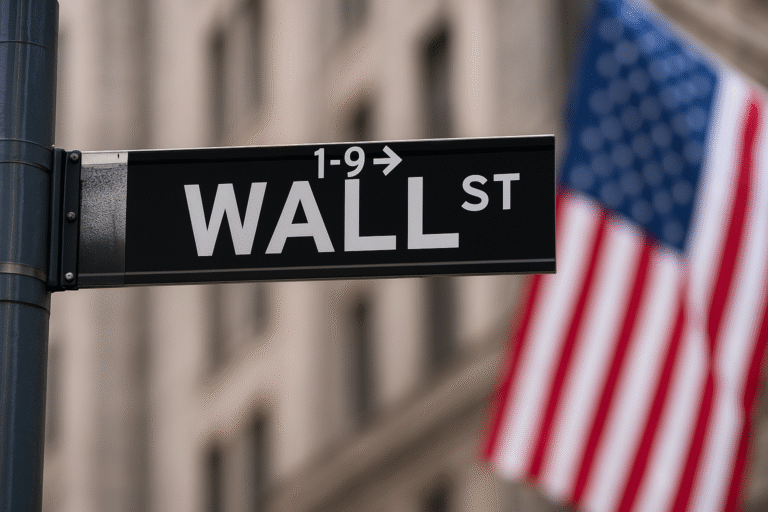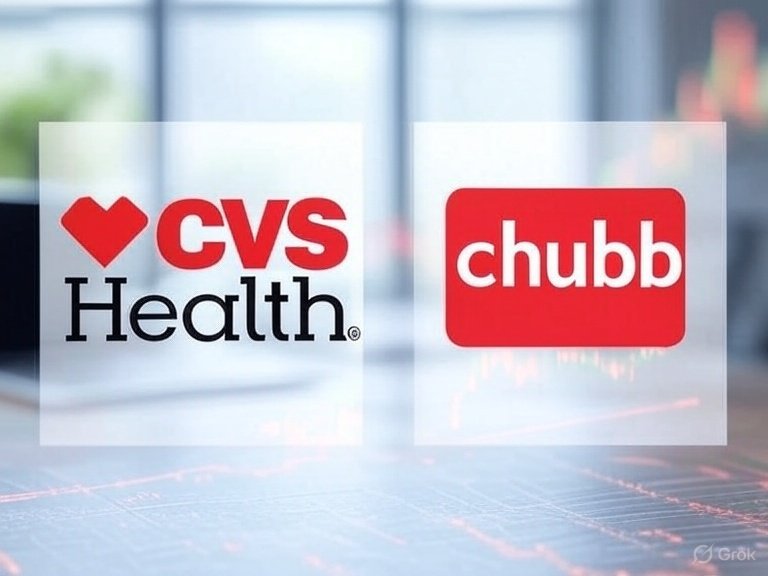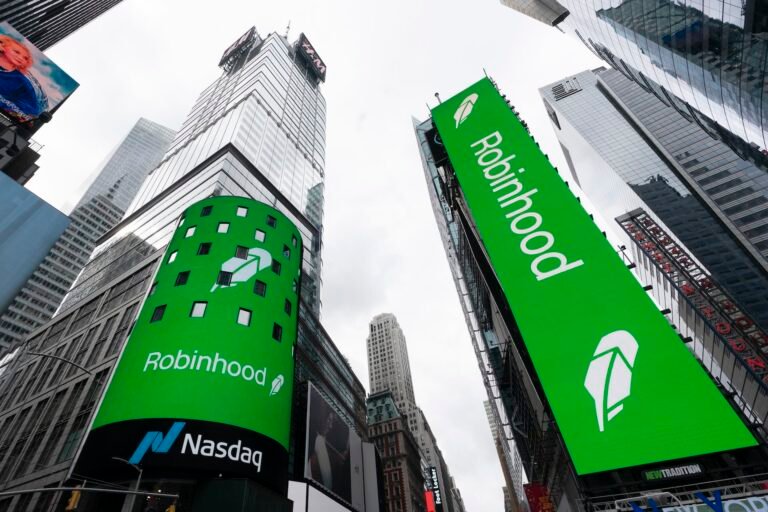
alone. For decades, initial public offerings were the exclusive playground of large funds, sovereign wealth investors, and company insiders. But a new wave of brokerages and platforms is opening doors for everyday investors to grab their piece of the next big IPO.
This shift isn’t just about more people getting access; it’s rewriting the rules of public markets. In this post, we’ll explore:
- How modern platforms demystify IPO participation
- Real-world case studies of successful retail-friendly offerings
- Why companies and customers are winning together through community-driven IPOs
Ready to discover how you can snag shares at the ground floor and become both a customer and stakeholder? Let’s dive in.
How It Works – Democratizing IPO Access
Gone are the days when IPOs felt like members-only clubs. Today’s digital brokerages and specialized platforms use technology to streamline the process, so you can apply for shares the same way you place a regular trade—no six-figure minimums required.
Think of it like ordering concert tickets:
- Registration Window
Shortly before the IPO date, platforms open a sign-up period where you submit an “indication of interest”—just like reserving a seat. - Allocation Algorithm
Demand often exceeds supply. Advanced algorithms then allocate shares fairly, based on factors like account size, trading history, and randomization. - Trade Execution
If you’re allotted shares, they settle in your account on listing day, ready to trade or hold.
Key platforms leading this charge include:
- Robinhood IPO Access – Offers priority access to high-growth tech floats.
- Fidelity and Charles Schwab – Full-service brokers with tiered IPO programs for retail clients.
- DealMaker – Enables both public and private companies to sell shares directly to their communities.
This new infrastructure transforms a once opaque process into a user-friendly experience, letting you participate in the growth story from day one.
Recent Examples & Case Studies
Which companies have already rolled out the red carpet for retail investors? Here are three standouts:
- CoreWeave (April 2025)
AI-compute specialist CoreWeave stunned the market with a retail allocation, and the stock jumped over 40% by its third trading day. - Figma (July 2025)
Design software unicorn Figma set aside 10% of its shares for retail clients. Its IPO price of $33 quickly doubled, rewarding early backers. - Reddit (May 2025)
Social media platform Reddit allocated 8% of its IPO shares to top community contributors—allowing superusers to buy at $34, well below the $47 opening price.
These success stories prove two things:
- Retail investors can drive robust demand and liquidity at launch.
- Companies benefit from an energized shareholder base that doubles as brand advocates.
And remember, until 2016, retail investors couldn’t legally access many high-growth startup IPOs at all—this is a seismic change in market access.
The Power of Community – More Than Capital
IPOs aren’t just about raising money; they’re community-building events. When customers become shareholders, they gain a vested interest in a company’s success, fueling loyalty and word-of-mouth marketing.
Here’s how the dynamic plays out:
- Aligned Incentives
Shareholder-customers use the product more, provide feedback, and evangelize. Think of investing in a favorite brand as a long-term commitment. - Social Proof & Buzz
Platforms like DealMaker let companies tailor offerings with perks—early access, exclusive content, or governance input—which amplifies excitement and media coverage. - Governance Engagement
Retail investors now influence corporate decisions. Case in point: Disney’s 2024 proxy fight saw management rally retail shareholders with targeted outreach, securing 94% of the vote and halting an activist push.
The result? Companies gain a base of dedicated advocates, and investors enjoy both financial upside and a deeper relationship with the brands they love. This win-win flips the traditional IPO script on its head—and it’s just getting started.
The retail-friendly IPO revolution is real, and it’s reshaping public markets by making ground-floor investing accessible to everyday people. Want in on the next big launch? Sign up on your brokerage’s IPO portal, do your own research, and stake your claim.




